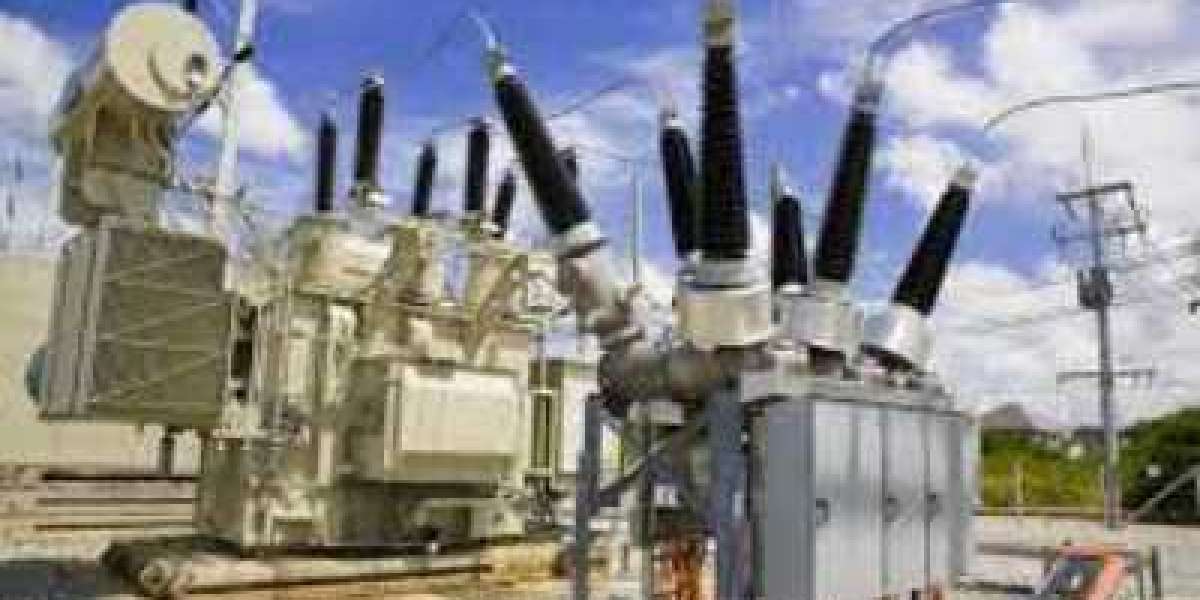In today's world, where people are struggling to find time to exercise and prepare healthy meals, weight loss pills have become a popular solution to lose weight. But, do these pills really work, or are they just a scam? In this article, we will dive deep into the world of weight loss pills and explore their effectiveness, safety, and potential side effects.
Introduction
Obesity has become a major health concern worldwide, leading to an increased risk of chronic diseases such as heart disease, diabetes, and cancer. In order to combat obesity, many people turn to weight loss pills as a quick fix. However, the safety and effectiveness of these pills are often questioned.
What Are Weight Loss Pills?
Weight loss pills, also known as diet pills, are medications or supplements that claim to aid in weight loss. These pills are designed to either reduce appetite, increase metabolism, or block the absorption of fat.
Types of Weight Loss Pills
There are three main types of weight loss pills available in the market: appetite suppressants, fat burners, and fat blockers.
Appetite Suppressants
Appetite suppressants, as the name suggests, are designed to reduce appetite and food cravings. They work by increasing the levels of certain hormones in the body that regulate hunger and satiety.
Fat Burners
Fat burners are designed to increase metabolism and burn fat. They contain ingredients such as caffeine, green tea extract, and yohimbine, which are believed to increase the body's fat-burning capabilities.
Fat Blockers
Fat blockers, also known as lipase inhibitors, are designed to prevent the absorption of dietary fat. They work by blocking the action of an enzyme called lipase, which breaks down fat in the intestines.
How Do Weight Loss Pills Work?
Weight loss pills work in various ways, depending on their type. Appetite suppressants work by reducing the feelings of hunger and increasing feelings of fullness. Fat burners increase metabolism and promote fat burning. Fat blockers prevent the absorption of dietary fat, which is then eliminated through the feces.
Are Weight Loss Pills Effective?
The effectiveness of weight loss pills varies from person to person and depends on various factors such as diet, exercise, and genetics. While some weight loss pills may help in losing weight, they are not a magic solution and should not be relied upon solely for weight loss.
Safety Concerns with Weight Loss Pills
Weight loss pills come with potential safety concerns, which is why it is essential to consult a healthcare professional before taking them.
FDA Regulations
The FDA regulates weight loss pills to ensure their safety and efficacy. However, some weight loss pills are marketed as dietary supplements, which are not regulated by the FDA. It is essential to choose weight loss pills that have been approved by the FDA.
Potential Side Effects
Weight loss pills may cause potential side effects such as nausea, diarrhea, constipation, headaches, and insomnia. In some cases, they may lead to more severe side effects such as liver damage and heart problems.
Conclusion
In conclusion, weight loss pills may aid in weight loss, but they are not a miracle solution. They should be used in conjunction with a healthy diet and exercise routine.







